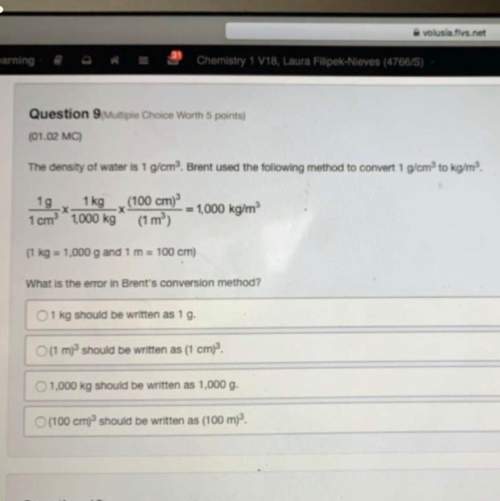
Chemistry, 04.08.2019 15:00 rosie20052019
Compare the intermolecular forces, dipole-dipole and hydrogen-bonding. what would you suggest is the biggest different between them? a. dipole-dipole forces do not affect the properties of a substance as much as hydrogen-bonded forces do. b. dipole-dipole forces are permanent; hydrogen-bonded forces are not. c. dipole-dipole forces can occur among both polar and nonpolar compounds, while hydrogen-bonded forces occur among only polar compounds. d. dipole-dipole forces and hydrogen forces are essentially the same phenomena; hydrogen-bonded forces are just slightly stronger because they occur between hydrogen atoms and only the most electronegative atoms.

Answers: 1


Other questions on the subject: Chemistry



Chemistry, 22.06.2019 14:30, cxttiemsp021
Calculate the mass of carbon in 97.0 g of sucrose c12h22o11
Answers: 3
You know the right answer?
Compare the intermolecular forces, dipole-dipole and hydrogen-bonding. what would you suggest is the...
Questions in other subjects:

English, 03.12.2020 07:20

Mathematics, 03.12.2020 07:20

Mathematics, 03.12.2020 07:20


English, 03.12.2020 07:20


Mathematics, 03.12.2020 07:20


Chemistry, 03.12.2020 07:20




